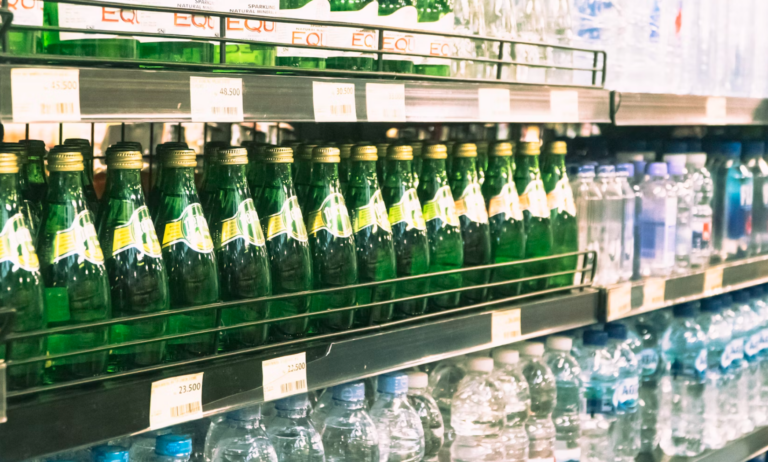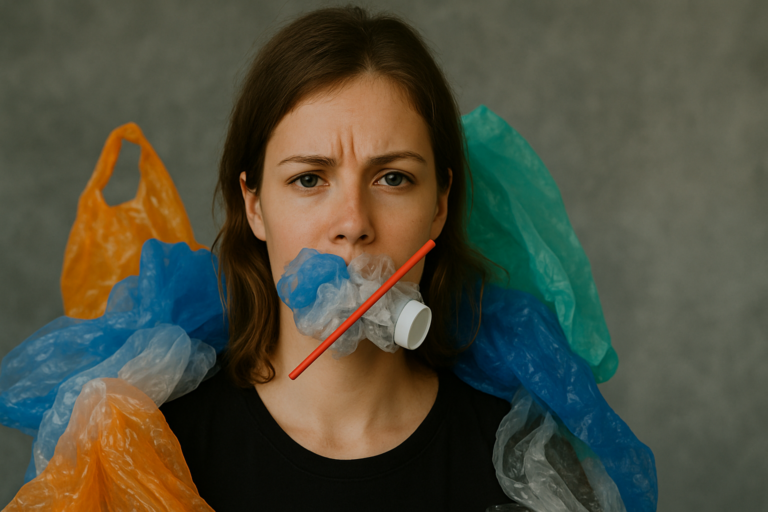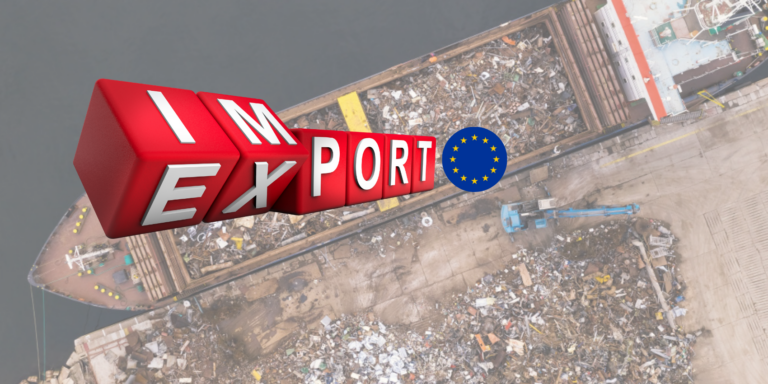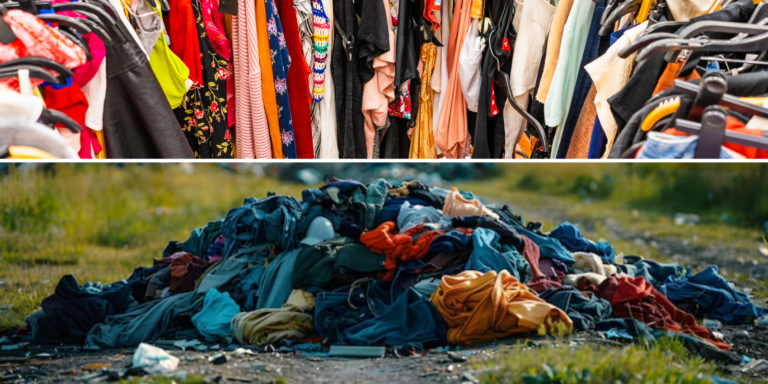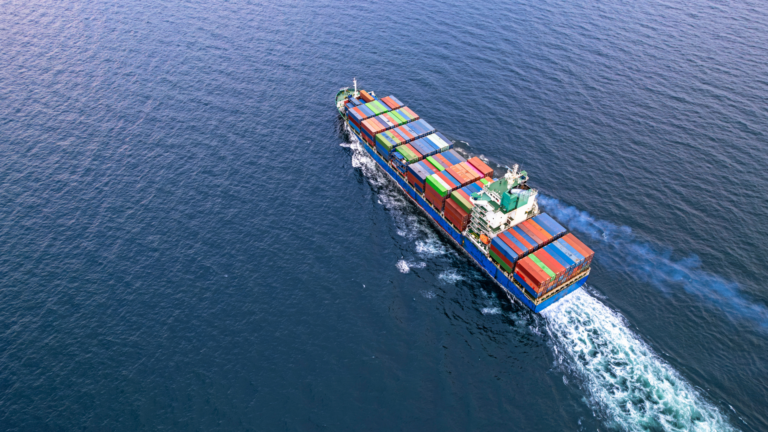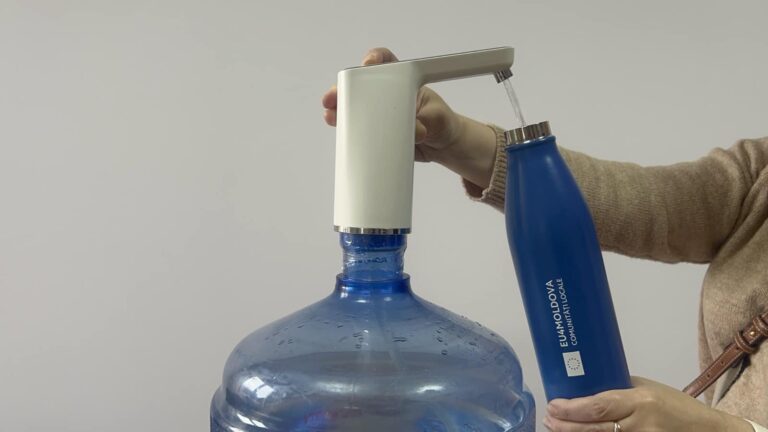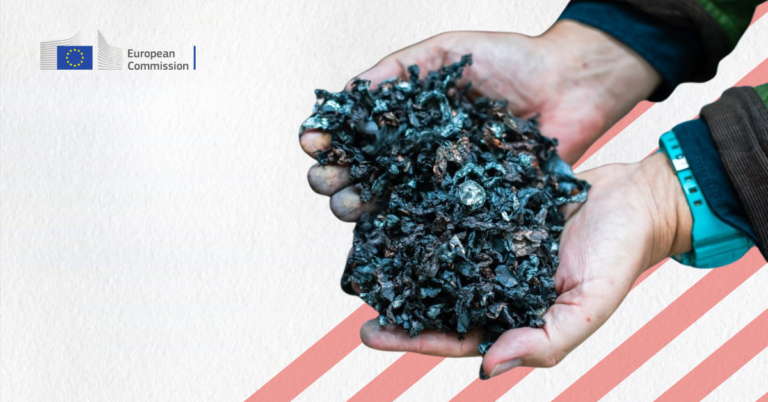The EU is about to break its promise!
Details
The European Commission is ready to break its earlier promise to ban all but the most essential hazardous chemicals by law, according to the latest documents made public. The pledge to "ban the most harmful chemicals from consumer products, allowing their use only where essential" was a flagship component of the European Green Deal when it was launched in 2020. In an update of The EU's REACH regulation called for between 7,000 and 12,000 hazardous substances to be banned in all marketable products, including many "forever chemicals" – or per- and polyfluoroalkyl substances (PFAS) – that accumulate in nature and the human body and causes various hormonal and reproductive diseases.
According to The Guardian newspaper, the EU executive is on the verge of giving in to strong pressure from the European chemical industry and right-wing political parties. The industry backlash is causing domestic concern about the threat to public health and policymaking. According to a legislative document made public, three options are presented that would restrict 1%, 10% or 50% from products containing hazardous chemicals currently on the market. As a rule, the EU chooses the middle option. Tatiana Santos, head of chemicals policy at the European Environment Agency, said: "The EU's failure to control harmful chemicals is represented by the contaminated blood of almost all Europeans. Each delay brings more suffering, disease and even premature death. The EU's regulatory retreat could be a high point for the European Green Deal, fueling cynicism about distrusting elites making deals with big toxic interest groups unless the Commission follows through on its promise to remove toxic substances from products and keep up with pollutants".
In addition to PFAS, EU regulators found that, following a study carried out a year ago based on the blood and urine of 13,000 European citizens, 17 % of European children are at risk of exposure to phthalate mixtures, which are related to developmental and reproductive diseases. Trace amounts of the endocrine disruptor bisphenol A were found in 92% among adults. The coordinator of the study, Dr. Marike Kolossa-Gehring, stated that more than 34 million tons of carcinogenic, mutagenic and toxic agents were consumed in Europe in 2020 alone. Moreover, consumer exposure can also change as a result of certain events . For example, during the COVID-19 pandemic, exposure to chemicals in cleaning and disinfection products has increased considerably.
An EU official, who spoke on condition of anonymity, said efforts to water down the legislative change had been influenced by "a complete change in the tide of consumer and environmental advocacy" in Brussels, as MEPs in EU President Ursula von der Leyen's European People's Party (EPP) have become reluctant to environmental reform. "There is a sense within the Commission that it is almost a given that we can't create too many problems for industry - regardless of the benefits to public health - and that business suffers a lot from our chemical regulations, so we should try let's ease their situation", added the official.
Several EU heads of state joined the pressure. French President Emmanuel Macron called for a "regulatory break" in environmental law to help industry, while Belgian Prime Minister Alexander De Croo said in May: "If we overburden people with rules and regulations, we risk losing public support for the green agenda." The European People's Party group first proposed "a regulatory moratorium to delay those acts which would unnecessarily increase costs for businesses...such as REACH" last September. Its move coincided with German chemicals giant BASF's announcement of a "permanent" reduction in Europe, which it linked to "over-regulation". The German Chemical Industry Association has called for the chemical ban to be postponed as early as March 2022. The association's director, Wolfgang Grosse Entrup, said a related proposal to ban the chemicals forever would have "fatal" effects on German industry. "With each of these substances being banned in the EU, the risk of further emigration of our industry to less strictly regulated regions increases," he said.
A Commission spokesman said that Brussels "endeavours to take into account the comments of stakeholders from all sides in a balanced way. This reflects all the objectives of the REACH regulation, which aims at a high level of protection of human health and the environment, while increasing the competitiveness and innovation of the European chemical industry. The Commission must also ensure proportionality and coherence of policies with other important objectives such as climate neutrality, digital transformation and reducing over-reliance on imported strategic materials."
Even if officials include goals such as protecting the environment and human health on their political agenda, the decisions they make show that satisfying industry giants is a priority, and they are ready to slow down or neglect any attempt to regulate chemicals. Europe continues to produce and use large quantities of chemicals hazardous to health. Both the regulation and monitoring of chemicals have historically failed to keep pace with the synthesis and use of new chemicals. The European Commission's Chemicals for Sustainability Strategy aims to better protect citizens and the environment, while stimulating innovation for safe and sustainable chemicals. So why not stick to the original plan? Will the chemical industry be more important than people's health?
Related articles
Reacțiile la studiul publicat recent de Agenția Franceză pentru Siguranța Alimentelor, Mediului și Sănătății Ocupaționale (ANSES)
De ani de zile, marcăm simbolic Ziua Mediului, vorbim despre reducerea poluării cu plastic, venim cu
Modelul economic actual este construit în mare parte pe un sistem liniar de tip „extrage-produce-aruncă”, în
În contextul economiei circulare și al gestionării eficiente a deșeurilor, mecanismul de Responsabilitate Extinsă a Producătorului
În tranziția spre economie circulară, exporturile de materii prime reciclabile din Uniunea Europeană către țări terțe
Ziua Internațională “Zero Deșeuri” sărbătorită pe 30 martie și facilitată în comun de Programul Națiunilor Unite
La data de 20 mai 2024, a intrat în vigoare noul Regulament UE 2024/1157 privind transportul deșeurilor
Anual ziua de 16 martie este dedicată celebrării – ZILEI FĂRĂ APĂ ÎMBUTELIATĂ (Bottled Water Free
Miercuri, data de 5 martie, Comisia Europeană a actualizat Lista Europeană a Deșeurilor pentru a menține
Centrul de Instruire și Consultanță E-CIRCULAR anunță lansarea campaniei „Martie ECO-ACTIV-Reducem impactul, creștem responsabilitatea!”, o inițiativă

